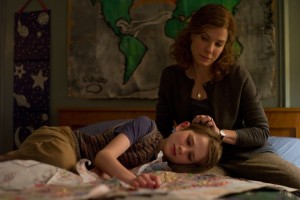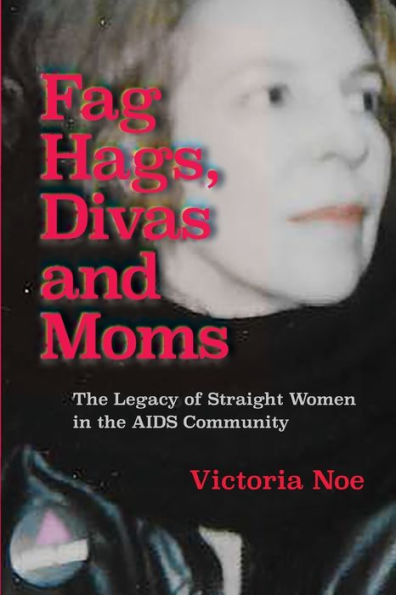9/11: Are We Done With This Yet?
Jan 11, 2012 by Victoria Noe, in 9/11
, Extremely Loud and Incredibly Close
, Friend Grief
, Grief
, grieving styles
 |
| "Extremely Loud & Incredibly Close" |
The authors of the articles wondered aloud why there were no iconic plays - like Rent - or films - like Philadelphia - which addressed the AIDS epidemic. There’s no shortage of documentaries: the building of the World Trade Center, the attacks, the search for bin Laden, the “truth”. But that’s different. Even Paul McCartney’s 9/11-inspired song “Freedom” fell flat. Why?
Grief is a complicated thing. For those directly affected by 9/11 - friends and family - there is no end to remembering, no end to their losses. It was an event that affected not just them, not just our country, but the world. Anniversaries bring up memories. There is no real closure.
But one thing that has surrounded 9/11 from the beginning is controversy. Whether you’re talking about why the towers fell or why first responders’ cancer diagnoses cannot be directly linked to exposure on the pile, there is controversy.
Next week a new film with Tom Hanks and Sandra Bullock opens nationwide. Extremely Loud and Incredibly Close follows a family devastated by the father’s death on 9/11. Some people - like me - are looking forward to it. Some people are disturbed by it.
Why do we keep dredging this up, they ask? Why can’t we just forget about it?
I can understand that, especially coming from people who received frantic phone calls and voice mails from loved ones trapped in the towers.
Some events aren’t easily forgotten. What’s more important than the event itself, though, is what we’ve learned from it. So I’m looking for two answers when I see the movie:
What does it say about grief?
What does it say about love?
Those two things - grief and love - are intertwined. We wish they weren’t. But in the end, grief teaches us a lot about love: how we loved those who have left us and how we love those who are still here.
After I see the film, I’ll let you know how - and if - it answered my questions.

